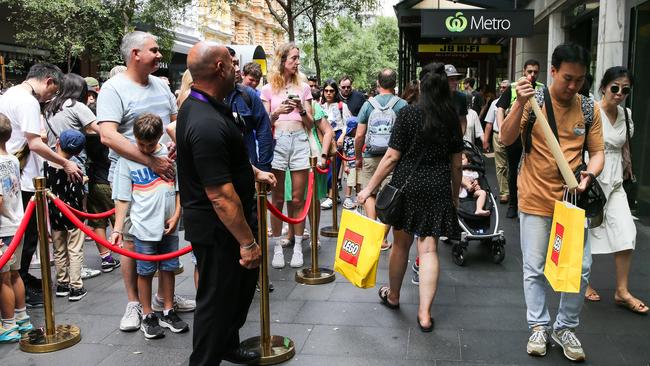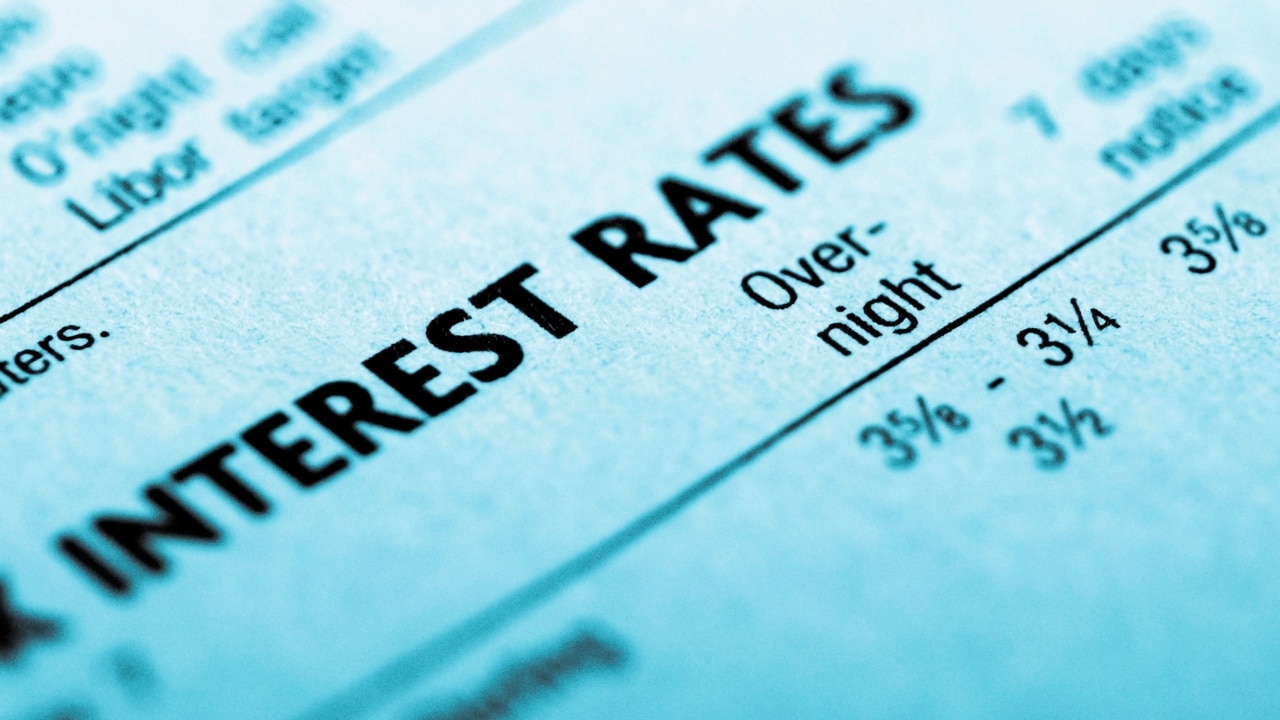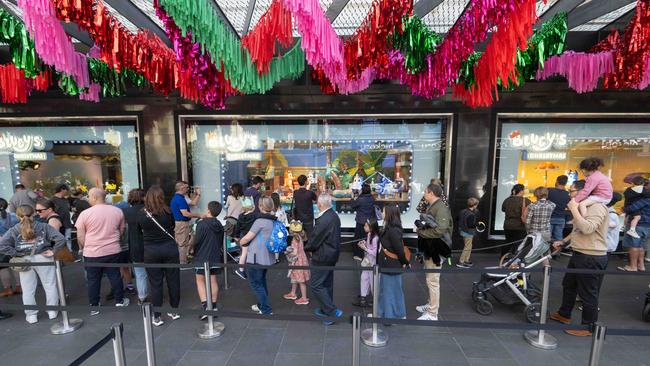Reserve Bank Grinch triggers ‘penny-pinching’ Christmas
An austere festive season looms for retailers as Westpac’s monthly sentiment survey reveals four in 10 households plan to spend less on gifts than last year.

Another “penny-pinching” Christmas looms for retailers, after Westpac’s sentiment survey revealed last week’s Reserve Bank rate hike has smashed a tentative recovery in household confidence.
With almost three in four respondents now expecting another rate rise in the coming year, Westpac senior economist Matthew Hassan said the “mortgage belt (is) bracing for another difficult year ahead”.
With retailers’ “hopes and prayers” for a rates reprieve ahead of the crucial pre-Christmas period already dashed, Mr Hassan said there were “ominous” signs that Australians would be taking a cautious approach to the festive season.
The survey showed 40 per cent of households planned to spend less on gifts than last year – in line with the 2022 survey, but the most downbeat response since 2009, and against an average rate of 30 per cent.
The bank’s overall sentiment index dropped 6 per cent among respondents surveyed in the days following the RBA’s decision, in contrast to a small lift in optimism among those asked before the central bank’s board decision on November 7.

“Previous months had been showing some tentative signs that sentiment was starting to lift out of the deep pessimism that has prevailed since the middle of last year,” Mr Hassan said.
“That rally looks to have been cut short before it even really began.”
At 80 points, the sentiment survey is around recessionary levels, and has been since about June 2022.
Since the survey began almost 50 years ago, confidence has only been lower during the deep economic downturn in the early 1990s, and briefly during the pandemic lockdowns.
The biggest drop in the sentiment gauge was around respondents’ views on their finances over the coming 12 months, which dropped by 7 per cent, with the impact particularly evident among mortgaged households, where there was a 15 per cent plunge.
Older and higher-income households were less worried about the prospects for their financial health, although the former had grown more worried about the longer-term prospects for the economy, the survey showed.

“Older age groups have longer memories, and are more unsettled by high sustained inflation, understanding that it can be hard to get back under control,” Mr Hassan said.
Amid the deep pessimism caused by intense cost-of-living pressures and soaring mortgage costs, a still tight labour market has been on ongoing source of support, and the latest survey showed little change in households’ employment expectations.
Booming population growth has helped prop up total consumption across the economy, but at the individual level people were still trimming their spending, Mr Hassan said.
“There are two things that have been helping people keep their heads above water, and where a change could trigger a sudden stop in spending,” he said.
“The first are these pandemic savings buffers, which have gone a long way to plugging the gap from a 4 per cent decline in disposable income. If people run out of buffers or lose confidence and don’t want to draw down on those savings, that could be a trigger.”
The other was the high level of job security.
“If that situation were to suddenly shift, and we see a round of labour shedding and firing, then that could trigger a sudden stop in spending,” Mr Hassan said.
“When unemployment expectations spike, it’s the behaviour of all consumers that shifts. Even if it’s not your job at risk, it’s the fear you might lose your job.”








To join the conversation, please log in. Don't have an account? Register
Join the conversation, you are commenting as Logout